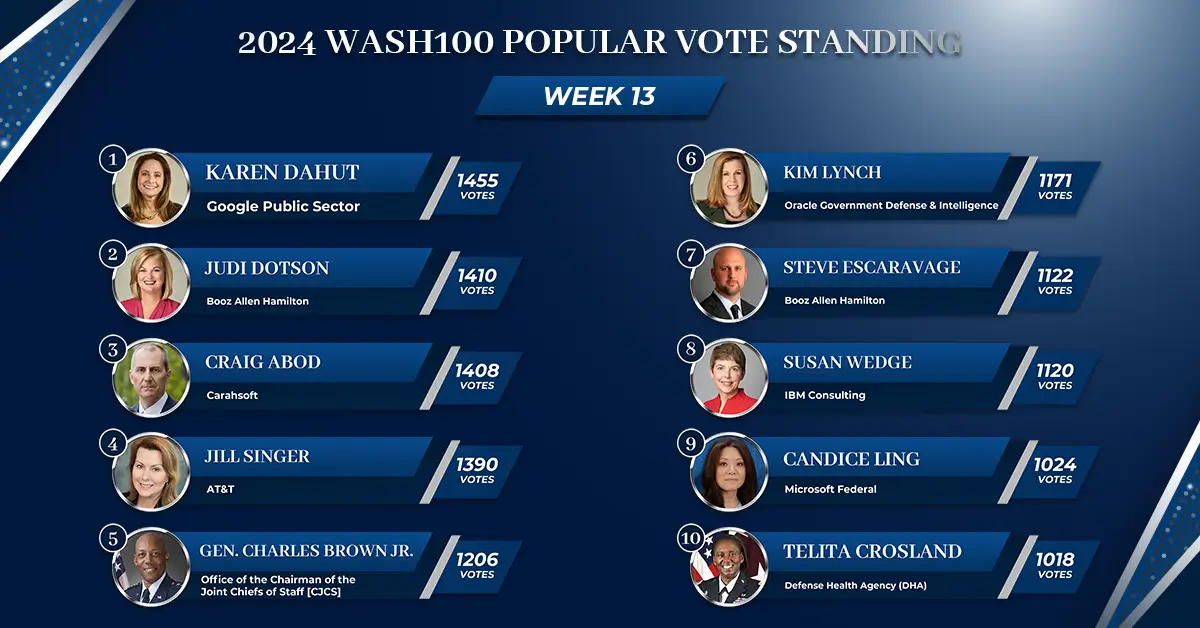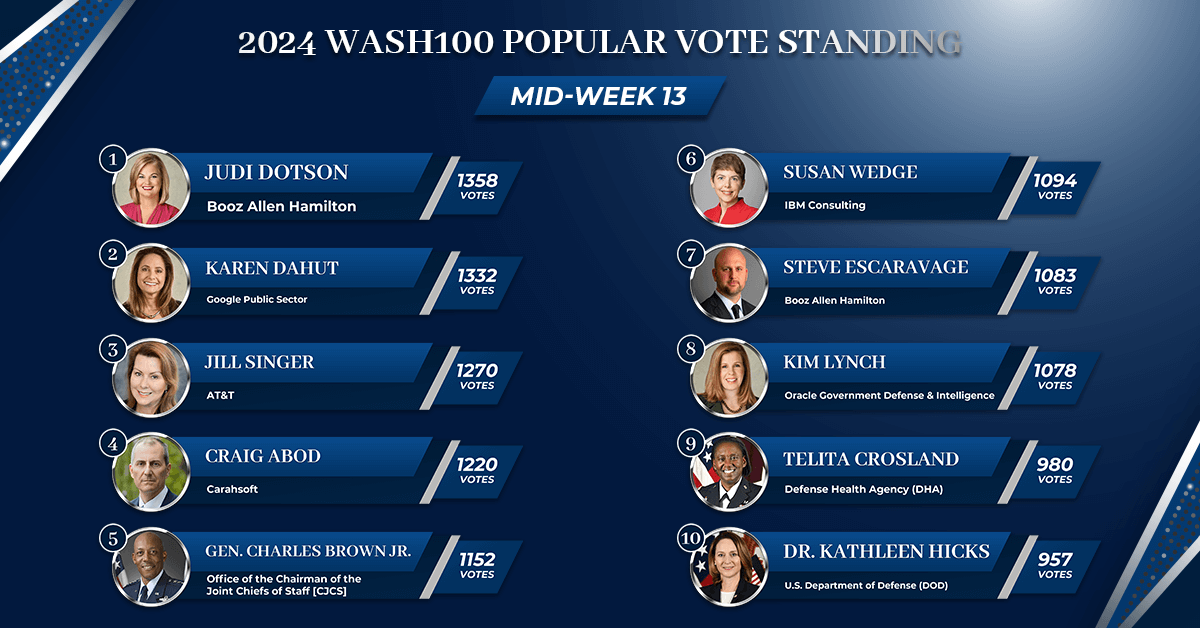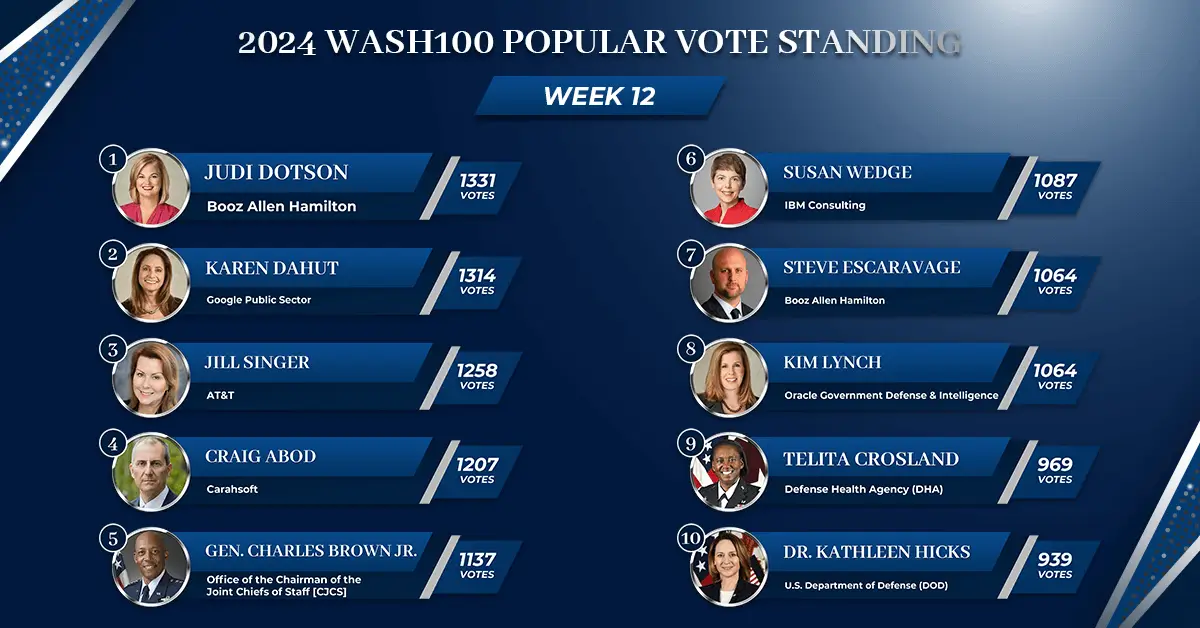
Jim Rice, deputy director for the Massachusetts Institute of Technology's Center for Transportation and Logistics, will serve as a panelist at Potomac Officers Club’s Supply Chain Resilience and COVID-19 Virtual Event on Thursday, June 11th.
Click here to register for the Supply Chain Resilience and COVID-19 Virtual Event.
At MIT, Rice supervises all industrial outreach programs, including marketing and communication for CTL, and runs CTL’s Executive Education Programs. His primary research has been focused on a broad range of study and contributions on resilience and risk management related topics.
Within his research he focuses on supply chain resilience, port resilience and supply chain security. In addition to studying resilience and risk management, Rice studies supply chain innovation and has helped identify key success factors and methods for pursuing and achieving innovation in the supply chain.
From an unprecedented global demand surge in personal protective equipment to supply-side challenges like port congestion and plant closures, the COVID-19 pandemic has illustrated the importance of supply chain resilience.
Rice will utilize his knowledge developed through his research and experience in the field to address how the pandemic will bring together government and industry leaders, expedite innovation and overcome challenges, as the world adapts to the obstacles ahead.
Lt. Gen. Darrell Williams, director of Defense Logistics Agency (DLA), Katherine Arrington, chief information security officer for the Office of the Under Secretary of Defense for Acquisition and Sustainment with Department of Defense (DoD) and VADM Raquel Bono, director of COVID-19 Health System Response Management State of Washington will serve as panelists at the event.
Register here to join Potomac Officers Club for its Supply Chain Resilience and COVID-19 Virtual Event on June 11th to learn about the speakers’ perspectives on the state of public-private collaboration and how coordination at the strategic and tactical levels can strengthen supply chain response to future challenges.






